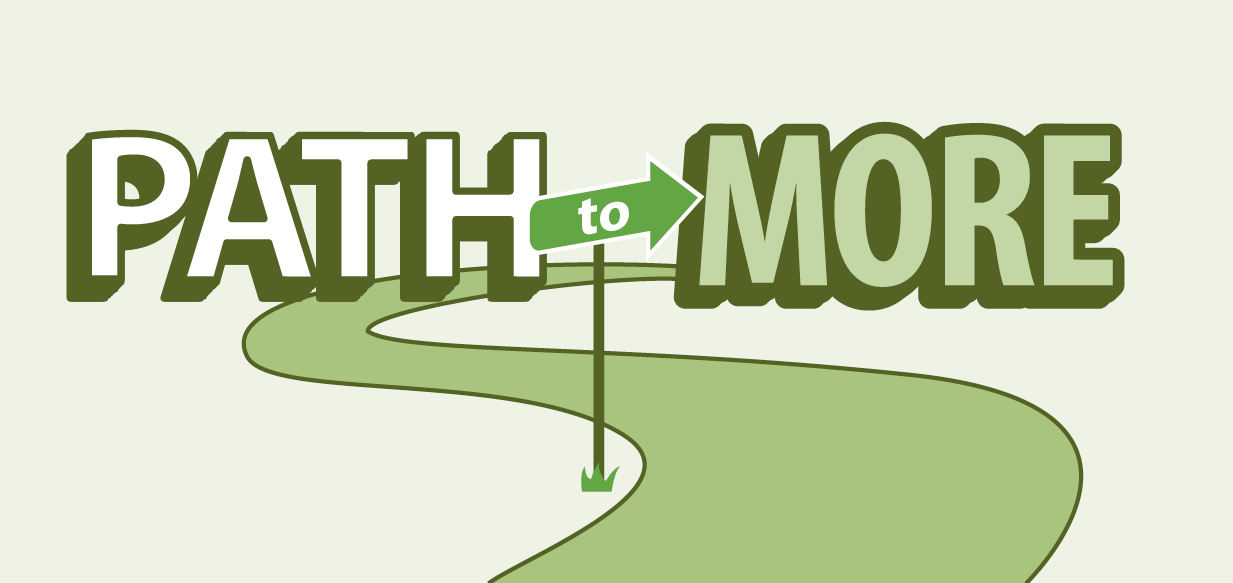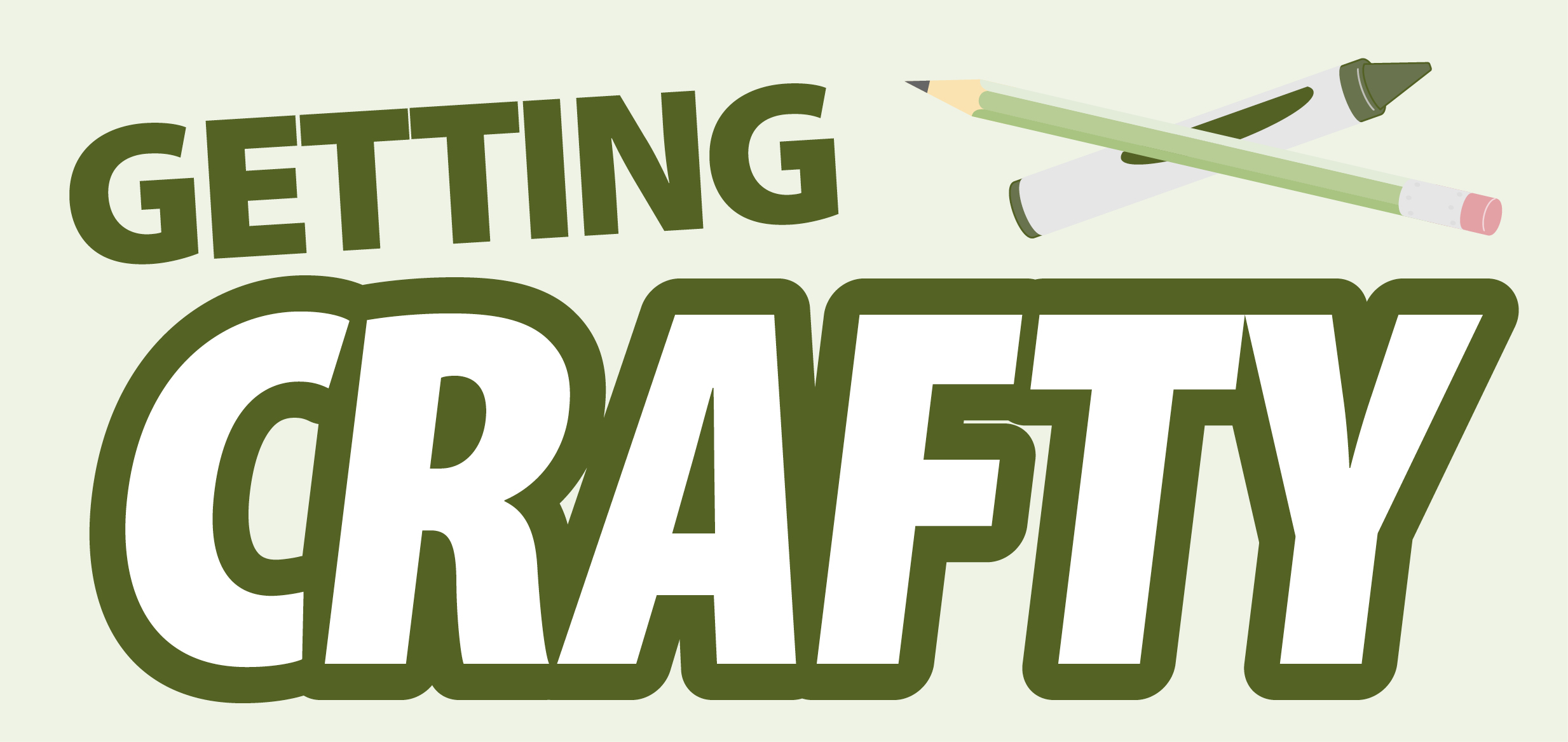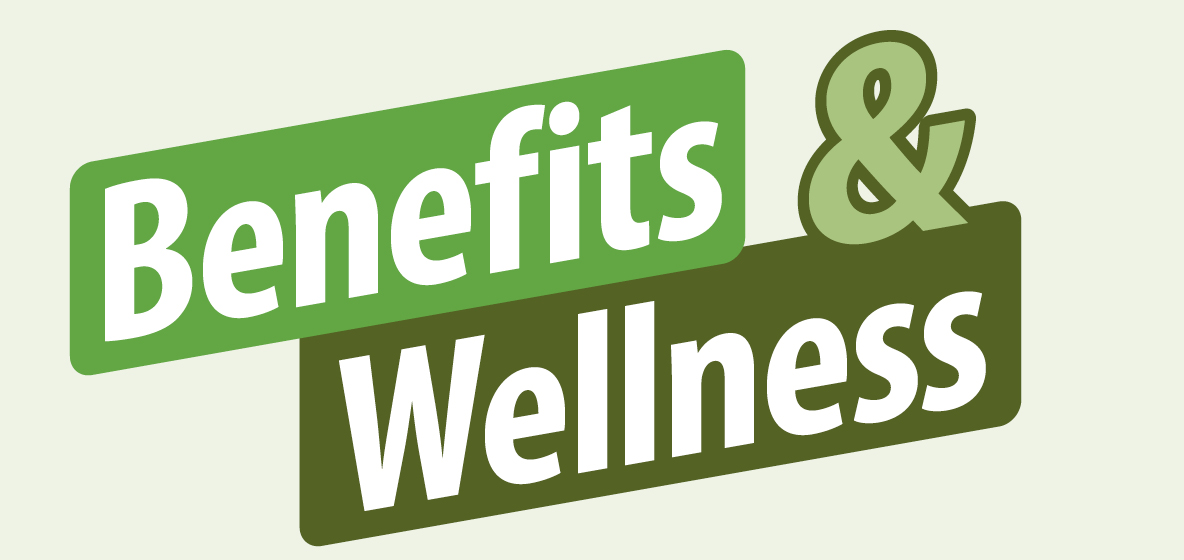
New Year, New Milestones
Volunteer Manager Michael Noyola-Izquierdo Shares his Professional Goals
Mike Noyola-Izquierdo is days away from his one-year anniversary at Crossroads in Cincinnati where’s he’s the Volunteer Manager. He was one of the team members Crossroads leaders identified to be asked the question, “What do you hope for professionally in the new year?”
Mike responded with his 2026 Professional Goals, which we share for your reading pleasure below. We wish Mike all the best as he strives to build a meaningful Volunteer program in Cincinnati!

Volunteer Manager’s 2026 Professional Goals
“Overall, my professional hope for the new year is to continue strengthening our volunteer program that is compassionate, dependable, and deeply connected to the needs of our patients, families and care teams.
Specifically, first I want to expand our Care Connection program, which we started in 2025. Volunteers would make regular “check-in” visits with patients to see if they or their facility’s staff had any needs or concerns. It enhanced our timely responsiveness to any needs and concerns that arose between our case managers’ visits and gave us an added presence in their buildings.
Second, I want to involve volunteers and patients who are interested in StoryCorps, the nonprofit that records, preserves and shares stories from Americans of all backgrounds. Along with our new LifeWriter program, StoryCorps will give Crossroads an additional means to enhance our patients’ lives by celebrating their lives and preserving their stories for their families and the broader community.

One part of the program, the Great Thanksgiving Listen, in which perhaps a younger person of a family records their elder’s story, seems especially relevant for our hospice mission. I’ve heard some of the archived stories, and they are often unforgettable.
Third, I want to set up, again for patients who are interested, a way to career mentor volunteers who are heading into the same field that they worked in. We did this at my last hospice, pairing one of the first female chemical engineers in the Cincinnati area with a young lady pursuing that same degree. Their conversations about the industry and how to make one’s mark in it were very impactful for both!
I would also like to attend any training, both within Crossroads or offered outside, that would enhance my skills as a Volunteer Coordinator and help me learn best practices that other hospice Volunteer programs have had success with.”
– Michael Noyola-Izquierdo, Volunteer Manager, Crossroads in Cincinnati





Ideas, Comments, Questions?
Please provide us with your feedback using this form.